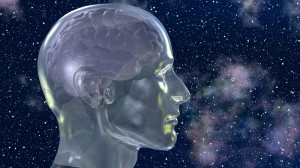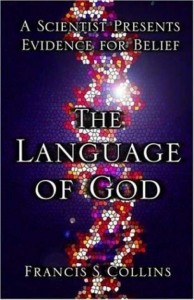Somehow I missed the fact that Bill Nye was debating Ken Ham last night at Ham’s creation museum. I only learned about it indirectly through some Facebook posts of friends (non-Christians who were incredulous of Ham’s regular reference to the Bible) and listening to NPR this morning. Many of you may find yourselves wrestling with the consequences of this debate: you have friends who now think all Christians believe in a six-day literal creation or a young earth or you’re just trying to get your own footing on the relationship between science and faith. I’d like to share with you a basic idea: there are more options than were presented in this debate. Three resources worth exploring. The first are two websites that explore the relationship of faith and science and the last is a teaching series we did in April, 2012.
BioLogos
BioLogos presents evolution as God’s means of creation, so that the Church may celebrate and the world may see the harmony between science and biblical faith.
Test of Faith
The Faraday Institute in partnership with a number of different organisations have produced materials on science and faith that are relevant and accessible for everyone, using contributions from leading scientists and theologians.
Big Bang Faith
 Science and faith are contradictory. Are they? God is just a psychological crutch. Sure about that? Evolution proves God isn’t necessary. Does it? Miracles don’t really happen. Never? Join us for a four week exploration of modern science and faith. Along the way we’ll meet scientists who are also people of faith. In the end you’ll have a better understanding of how faith and science complement one another. Or do they?
Science and faith are contradictory. Are they? God is just a psychological crutch. Sure about that? Evolution proves God isn’t necessary. Does it? Miracles don’t really happen. Never? Join us for a four week exploration of modern science and faith. Along the way we’ll meet scientists who are also people of faith. In the end you’ll have a better understanding of how faith and science complement one another. Or do they?
April 15, 2012 – The Who Banged It Theory (Faith and the Beginning of the Universe)
April 22, 2012 – The Reverse Projection Theory (Freud and Faith)
April 29, 2012 –The Evolution of Faith and Evolution (Darwin and God) – Mark Aupperlee
May 6, 2012 – The Faith and Medicine Algorithm (Healing and Faith)





Recent Comments